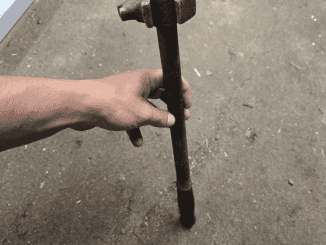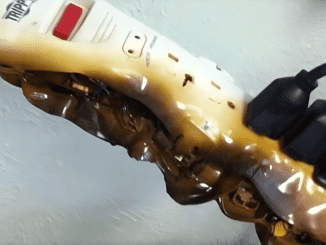The entertainment world has been rocked by revelations from Blake Lively’s lawsuit against her It Ends With Us co-star and director, Justin Baldoni. Allegations of s*xual harassment, emotional manipulation, and a campaign to destroy her reputation have sparked widespread debate. Now, newly disclosed text messages are shedding light on the tension between the two stars, further fueling the controversy surrounding their professional relationship.
The Lawsuit That Shocked Hollywood
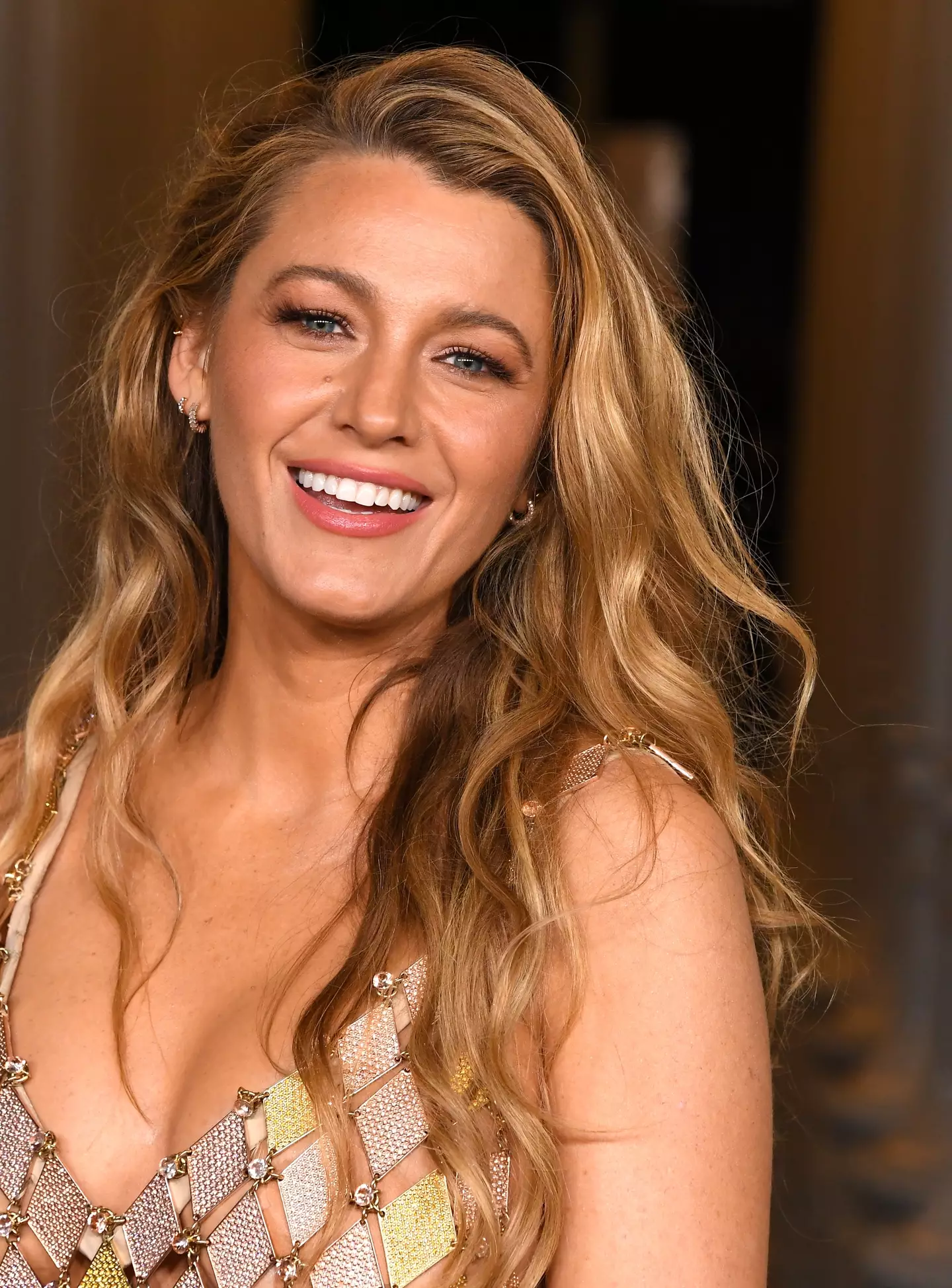
Blake Lively filed her lawsuit on December 21, accusing Justin Baldoni of engaging in inappropriate behavior that caused her severe emotional distress. The lawsuit, obtained by The New York Times, also alleges that Baldoni orchestrated a calculated campaign to tarnish Lively’s reputation through “social manipulation tactics.”
The drama unfolded after the release of the 2024 film adaptation of Colleen Hoover’s It Ends With Us, in which both Lively and Baldoni starred. Baldoni, who also directed the film, has denied all allegations, calling the claims “categorically false” and accusing Lively of planting fabricated stories to salvage her image. Lively, in turn, has stated that her legal action aims to expose the “sinister retaliatory tactics” used to silence individuals who speak out against misconduct.
The Text Messages: A Closer Look
Recently, a trove of text messages included in the lawsuit was made public, providing disturbing insight into the alleged actions of Baldoni and his crisis management team. These messages, obtained through subpoenas, have painted a damning picture of efforts to damage Lively’s reputation.
One text, reportedly from publicist Jennifer Abel, who was hired by Baldoni in August, allegedly reads: “Baldoni wants to feel like she can be buried,” referring to Lively. In response, crisis management expert Melissa Nathan cautioned against putting such intentions in writing, stating, “We can’t write we will destroy her… Imagine if a document saying all the things that he wants ends up in the wrong hands.”
Another message from Abel, dated August 4, revealed her frustration with Lively, saying she was having “reckless thoughts of wanting to plant pieces this week about how horrible Blake is to work with.” The following day, Baldoni reportedly sent Abel a screenshot of a Twitter thread accusing another celebrity of bullying women, writing, “This is what we would need.”
Abel allegedly responded, suggesting they focus on platforms like Reddit, TikTok, and Instagram to sway public opinion against Lively. A later message from Nathan’s team claimed, “The majority of the socials are so pro-Justin, and I don’t even agree with half of them.”
A Toxic Work Environment: Allegations During Filming
The lawsuit also details a hostile work environment on the set of It Ends With Us, with Lively raising multiple complaints about Baldoni’s behavior. These included inappropriate discussions about s*xual conquests, mentions of cast members’ g*nitalia, and even references to Baldoni’s alleged past pornography addiction. Lively’s demands reportedly included banning n*de images or videos from being shown to her and avoiding conversations about her weight or her deceased father.
The legal complaint also claims that Lively’s husband, actor Ryan Reynolds, attended a meeting during production to address these concerns. Among Lively’s stipulations was a request to ensure that no additional explicit scenes—such as s*x scenes or depictions of on-camera climaxes—were added to the film without her prior consent. The complaint alleges that Sony Pictures approved these requests, indicating that Lively’s concerns were well-founded.
Blake Lively’s Statement: A Call for Accountability
Speaking to The New York Times, Lively emphasized her commitment to exposing the alleged misconduct. “I hope that my legal action helps pull back the curtain on these sinister retaliatory tactics to harm people who speak up about misconduct and helps protect others who may be targeted,” she said.
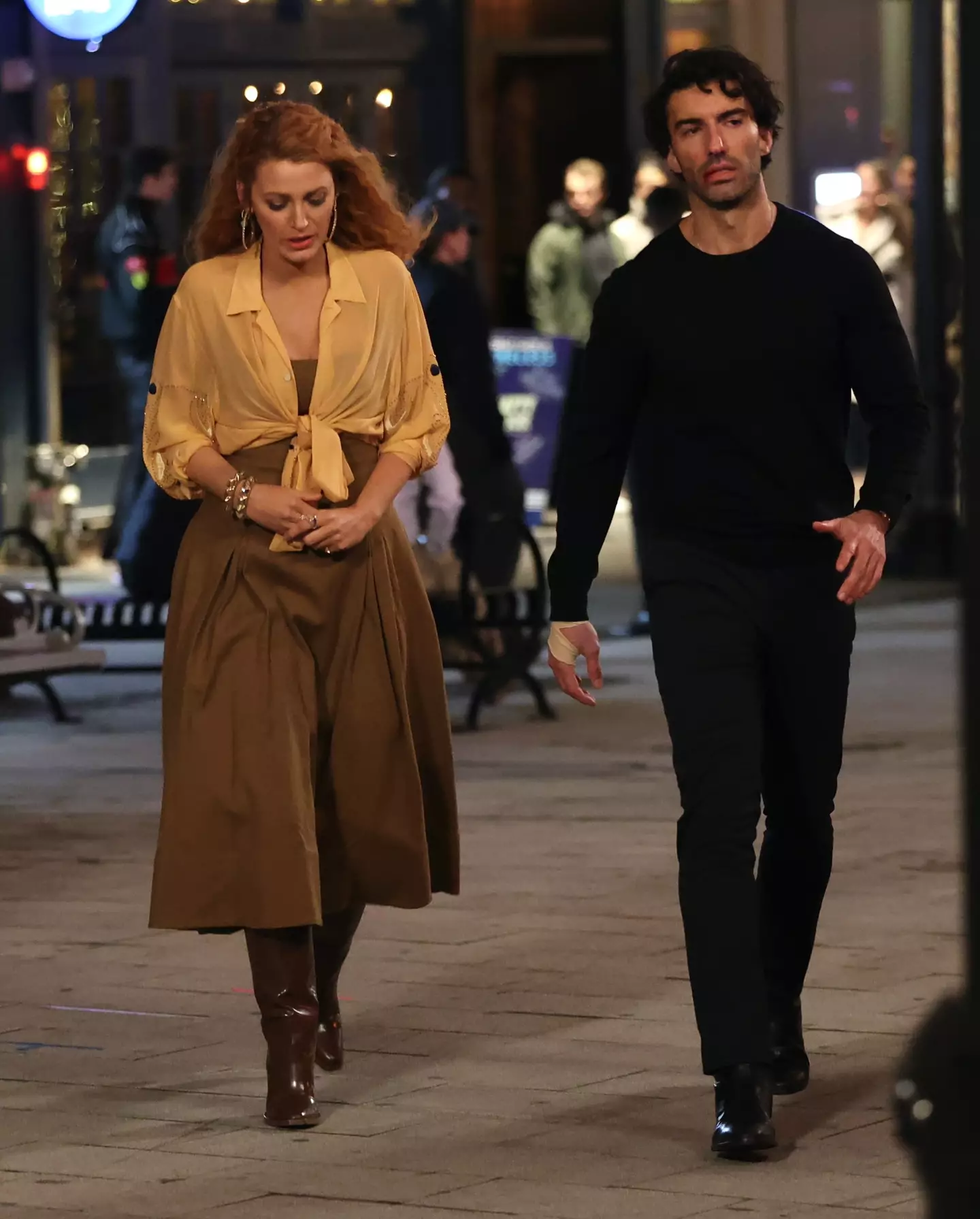
This statement reflects Lively’s broader effort to bring attention to the power dynamics and manipulation often at play in the entertainment industry. Her decision to pursue legal action underscores her resolve to stand up for herself and others who may have faced similar challenges.
Justin Baldoni’s Response: A Fight to Clear His Name
Baldoni, for his part, has vehemently denied the allegations. His legal team has described Lively’s claims as a “desperate attempt to fix her negative reputation,” accusing her of planting fake stories to sway public opinion. Baldoni’s lawyer called the lawsuit “a baseless attack,” asserting that Baldoni has always acted professionally and with integrity.
Despite these denials, the text messages revealed in the lawsuit have cast a shadow over Baldoni’s reputation, with many questioning the culture surrounding Hollywood power dynamics. Whether these claims hold up in court remains to be seen, but the public reaction has been swift and polarized.
A Wider Implication for Hollywood
The fallout from this lawsuit extends beyond the individuals involved, sparking a broader conversation about accountability and workplace ethics in Hollywood. The allegations against Baldoni highlight the pervasive issues of power imbalances, retaliation, and reputation destruction in the entertainment industry.
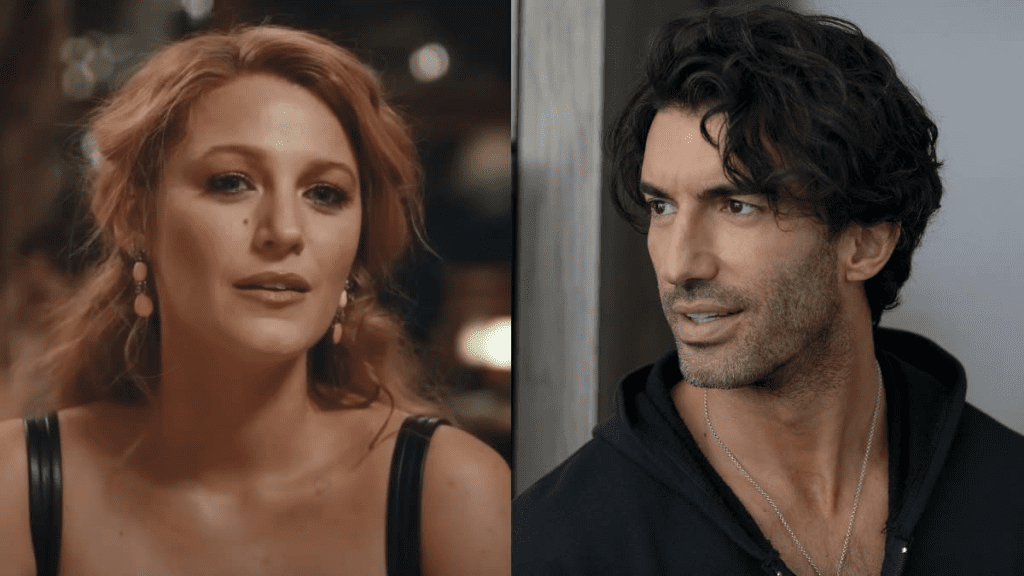
Lively’s lawsuit also underscores the courage it takes for individuals to speak out against influential figures, knowing the potential consequences for their careers and personal lives. Her case joins a growing list of high-profile incidents that have called attention to the need for systemic change in how misconduct is addressed and prevented.
The Court of Public Opinion
As with any high-profile legal battle, the court of public opinion has been quick to weigh in. Supporters of Lively have praised her bravery for speaking out, while Baldoni’s defenders argue that the lawsuit is an attempt to weaponize the media. Social media has become a battleground for fans and critics alike, with hashtags, viral threads, and debates dominating platforms like Twitter and Instagram.
The revelations from the text messages have only added fuel to the fire, leaving many to wonder whether the entertainment industry will take meaningful steps to address the underlying issues highlighted by this case.
Conclusion: A Turning Point for Accountability
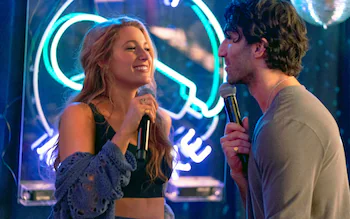
Blake Lively’s lawsuit against Justin Baldoni is more than a legal dispute—it’s a call to action for greater accountability and respect in the entertainment industry. The bombshell text messages revealed in this case have exposed the toxic undercurrents of reputation manipulation and workplace misconduct that often go unchecked.
As the legal battle unfolds, one thing is clear: this case has already sparked an important conversation about the need for systemic change. Whether it leads to tangible improvements remains to be seen, but Lively’s courage in standing up for herself sets an example for others facing similar challenges. In an industry often criticized for its lack of transparency, this lawsuit serves as a powerful reminder that the truth has a way of coming to light.
